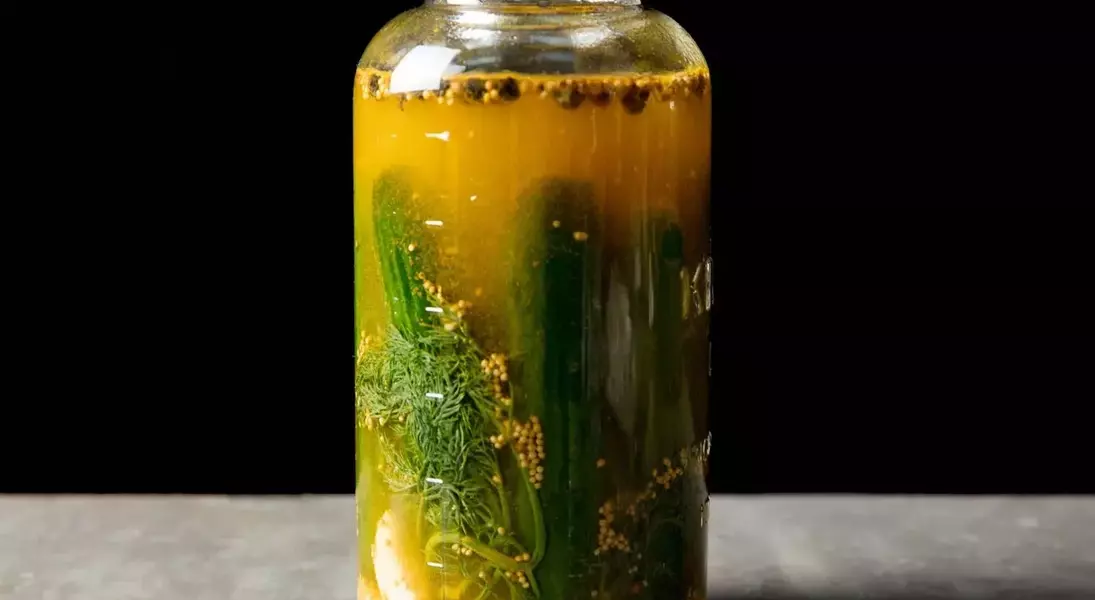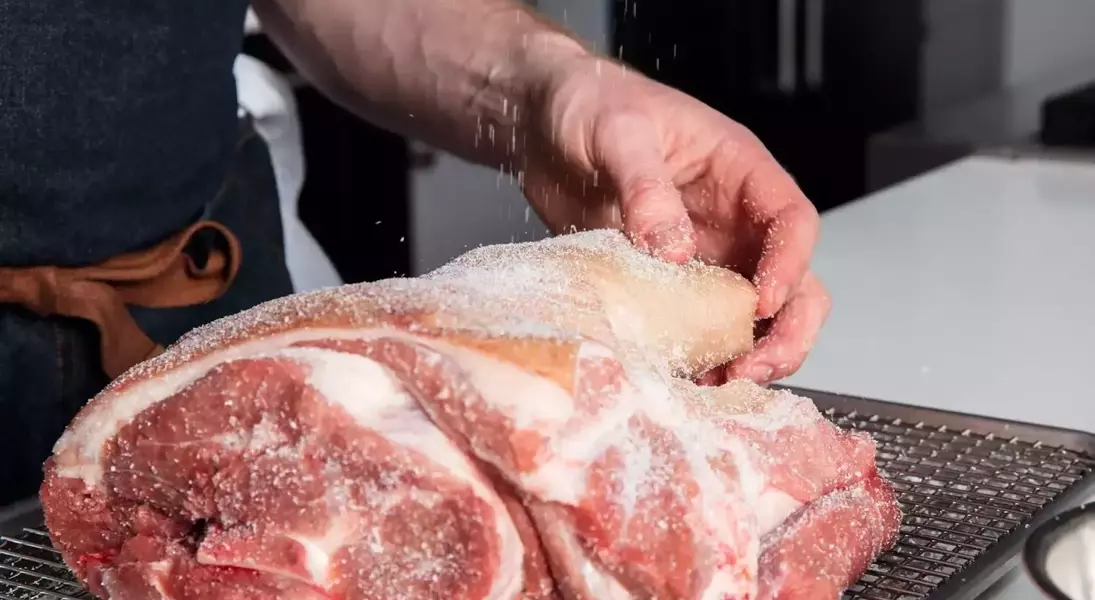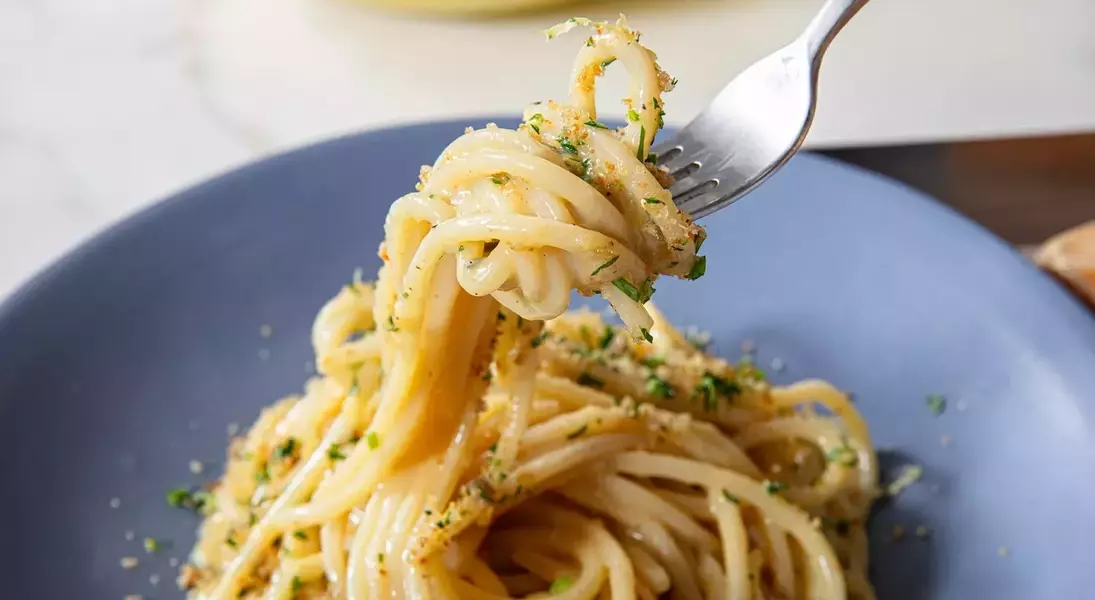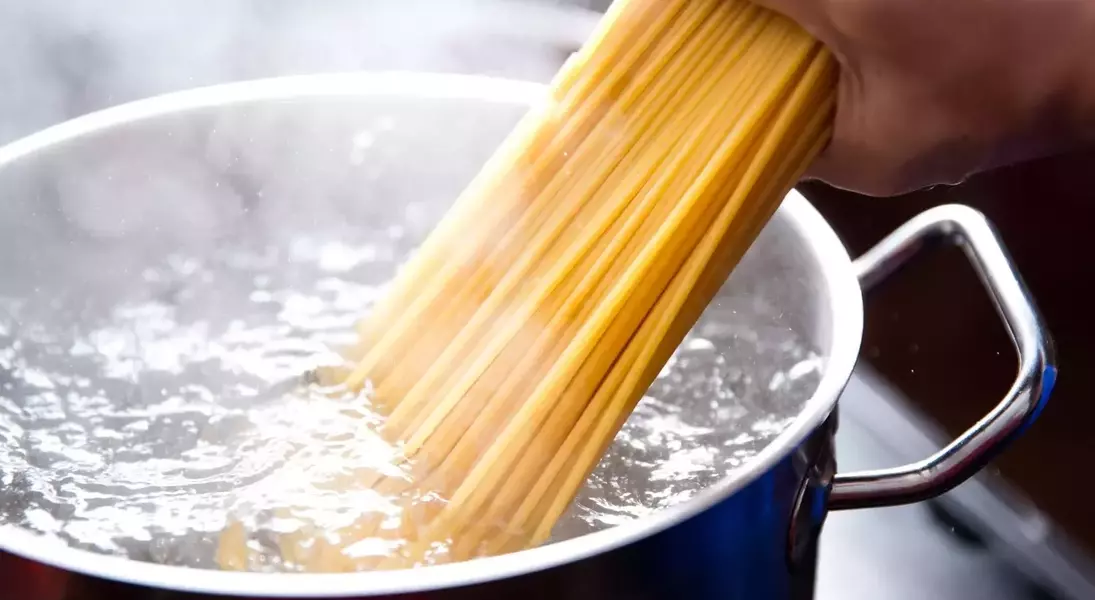







Salt, a cornerstone of cooking, transcends mere flavor enhancement, playing a pivotal role in transforming raw ingredients into exquisite culinary delights. Its multifaceted applications range from drawing out excess moisture in vegetables, thus preserving their crispness, to infusing meats with a depth of flavor and retaining their succulence. Beyond immediate taste, salt acts as a vital preservative, safeguarding the quality and extending the shelf life of cured meats, fermented foods, and pickled vegetables. Mastering the strategic use of salt is an indispensable skill for any aspiring chef, enabling the creation of dishes that are not only delicious but also perfectly balanced and texturally appealing.
The journey to culinary mastery through salt begins with an appreciation for its diverse forms and their unique properties. From the easily manageable flakes of kosher salt, perfect for precise seasoning, to the distinct textures of sea salt ideal for finishing, each type offers specific advantages. Furthermore, understanding the science behind salt's interactions with food, such as its ability to tenderize meats through dry brining or to act as a catalyst in fermentation, unlocks a new dimension of cooking. By integrating these advanced techniques, home cooks can elevate their dishes from good to truly exceptional, ensuring every bite is a testament to the transformative power of this humble yet mighty ingredient.
Understanding Salt's Varied Forms and Optimal Applications
Salt is an indispensable kitchen ingredient, crucial for both flavor enhancement and food preservation. It can extract moisture from vegetables, aid meat in retaining its juiciness, and prevent spoilage in cured foods and pickles. Understanding the nuances of different salt varieties, such as kosher, table, and sea salt, is key. Furthermore, the art of seasoning gradually during cooking and employing techniques like dry brining can significantly elevate culinary results. Lastly, salt's role in fermentation highlights its versatility beyond simple seasoning.
In the culinary world, salt is much more than a simple seasoning; it's a fundamental element that enhances and preserves. Different types of salt, despite their shared chemical composition of sodium chloride, possess distinct characteristics that influence their application. Kosher salt, with its larger, more manageable flakes, is favored for general seasoning and dry brining due to its ease of handling and rapid dissolution, though its density can vary by brand. Table salt, often fortified with anti-caking agents, is a cost-effective option but less versatile. Sea salt, harvested from the ocean, offers a wide spectrum of textures, from fine grains suitable for seasoning during cooking to flaky crystals ideal for a finishing touch, adding a sharp burst of salinity. Each variety contributes uniquely to a dish's flavor profile and texture, underscoring the importance of selecting the appropriate salt for specific culinary tasks. These distinctions transform a basic ingredient into a sophisticated tool for enhancing overall food quality and taste.
Strategic Salt Application for Enhanced Culinary Outcomes
Salt is an indispensable kitchen ingredient, crucial for both flavor enhancement and food preservation. It can extract moisture from vegetables, aid meat in retaining its juiciness, and prevent spoilage in cured foods and pickles. Understanding the nuances of different salt varieties, such as kosher, table, and sea salt, is key. Furthermore, the art of seasoning gradually during cooking and employing techniques like dry brining can significantly elevate culinary results. Lastly, salt's role in fermentation highlights its versatility beyond simple seasoning.
Optimizing the use of salt is a cornerstone of advanced cooking, transforming dishes from merely palatable to truly extraordinary. A critical technique involves seasoning food incrementally throughout the cooking process, allowing flavors to meld and deepen without overwhelming the palate. This gradual approach is particularly vital when working with liquids that reduce, as evaporation concentrates saltiness. Should a dish become excessively salty, strategic additions of diluting agents, starches, acids, or creams can restore balance. Beyond direct seasoning, salt is invaluable in dry brining, a method that enriches both the juiciness and flavor of meats by encouraging the meat to reabsorb its own seasoned moisture. This process not only tenderizes but also primes the surface for superior browning. Furthermore, salt is an essential agent in food preservation and fermentation, inhibiting harmful bacterial growth while fostering beneficial microbes that contribute to complex flavors in cured foods, pickles, and fermented sauces. This comprehensive understanding and application of salt's properties are what distinguish adept cooks, enabling them to consistently produce dishes with profound flavor and optimal texture.
